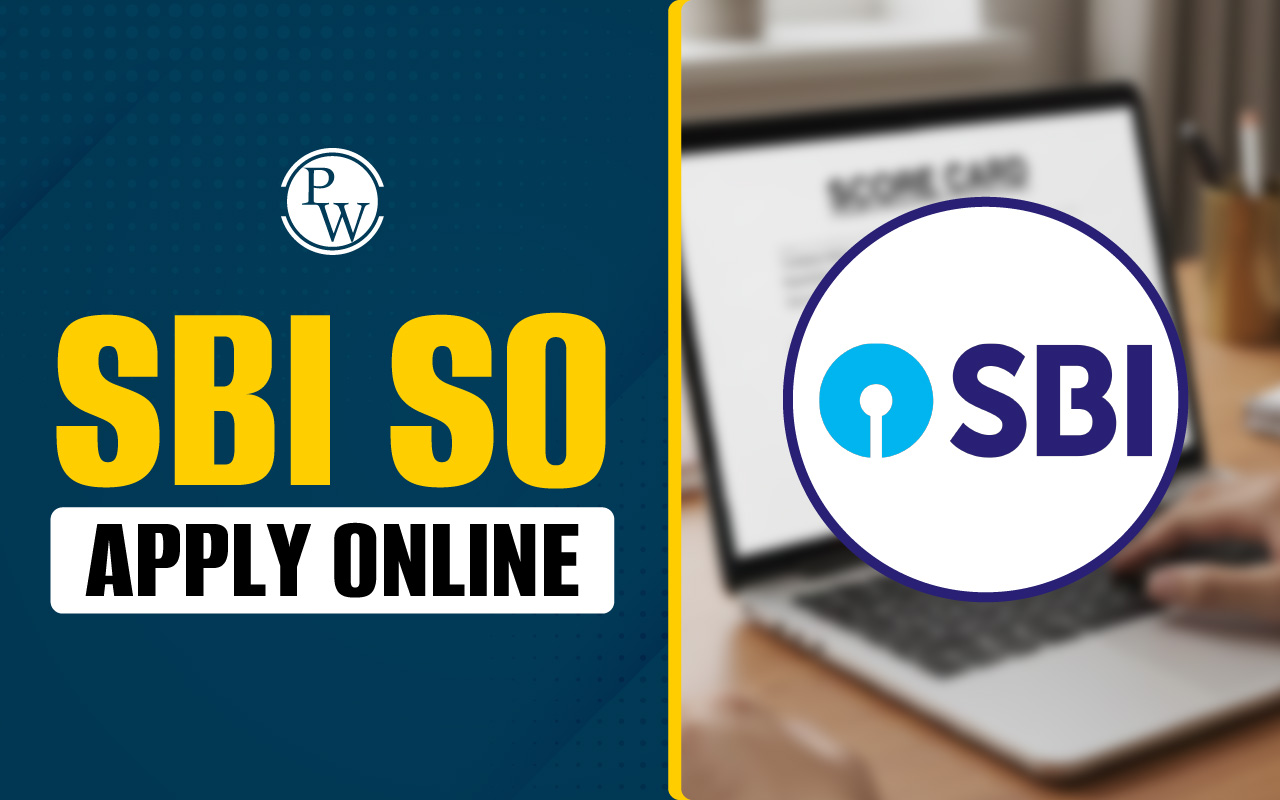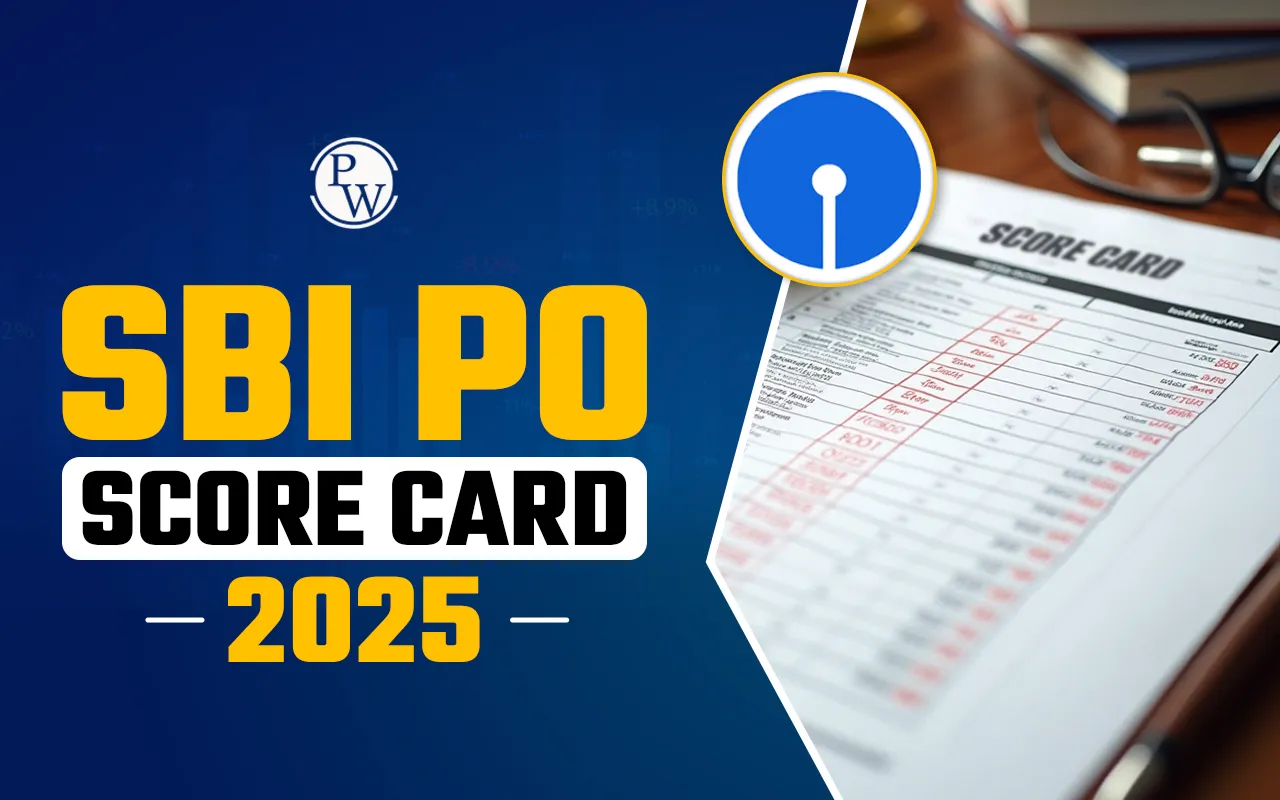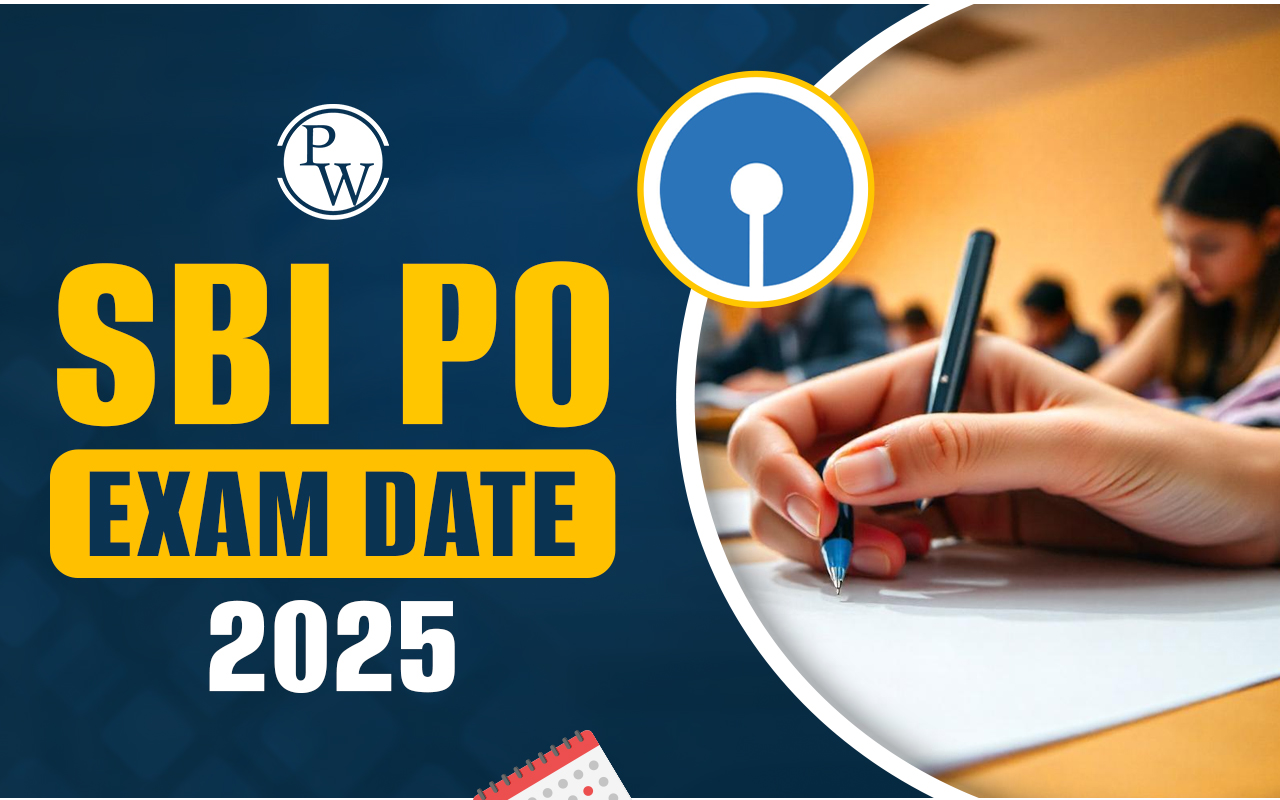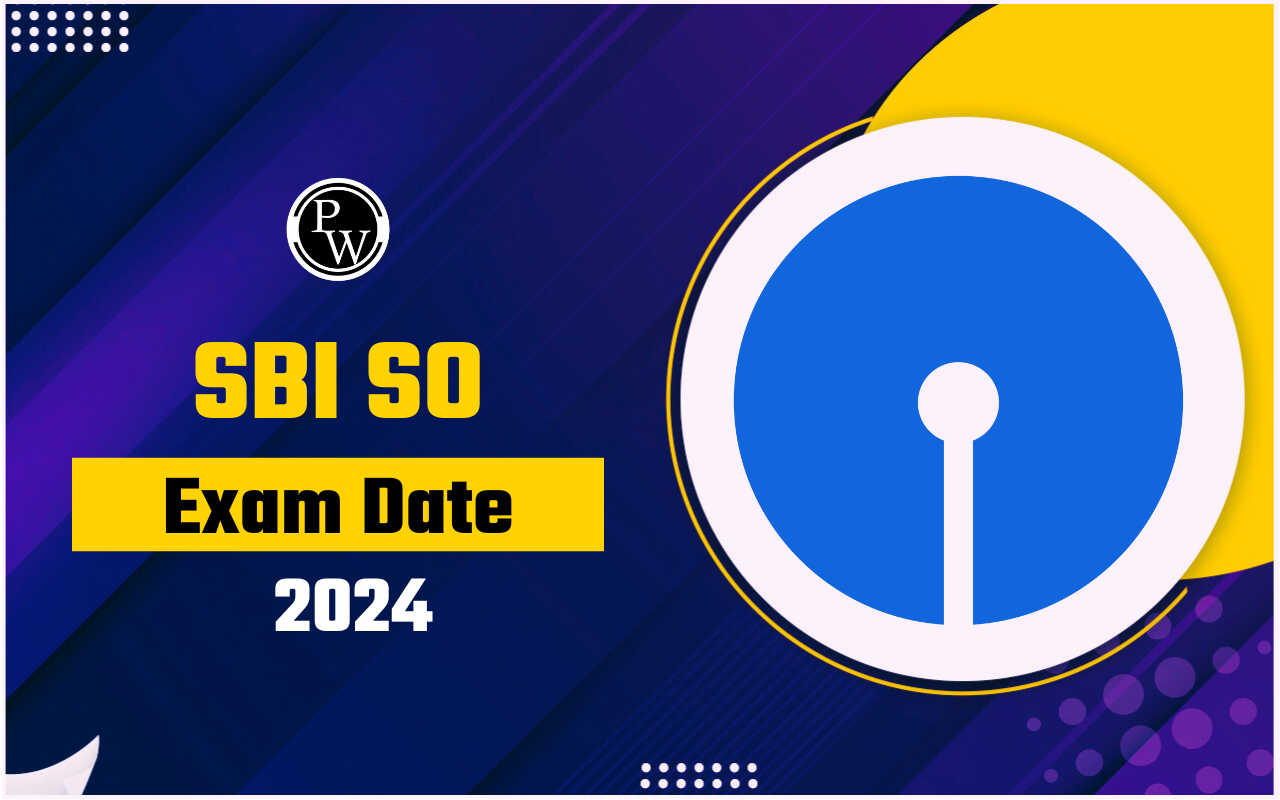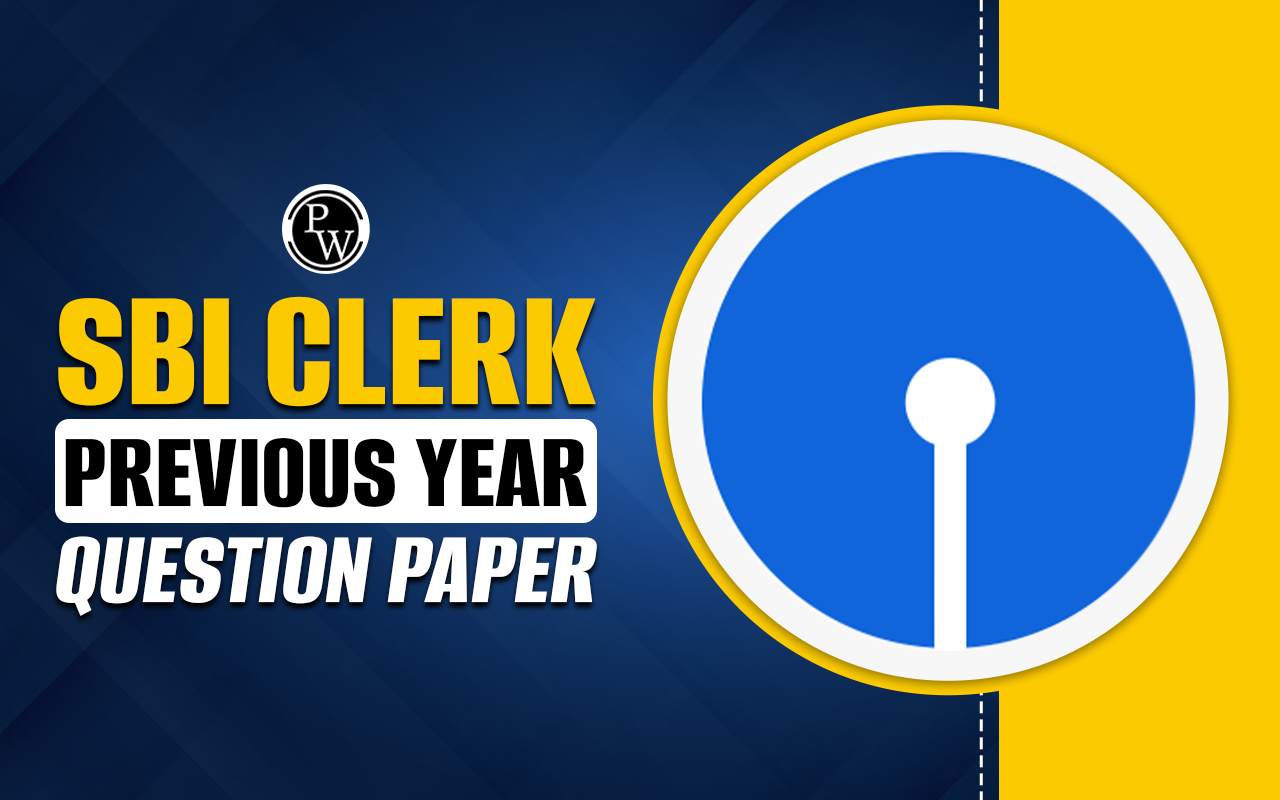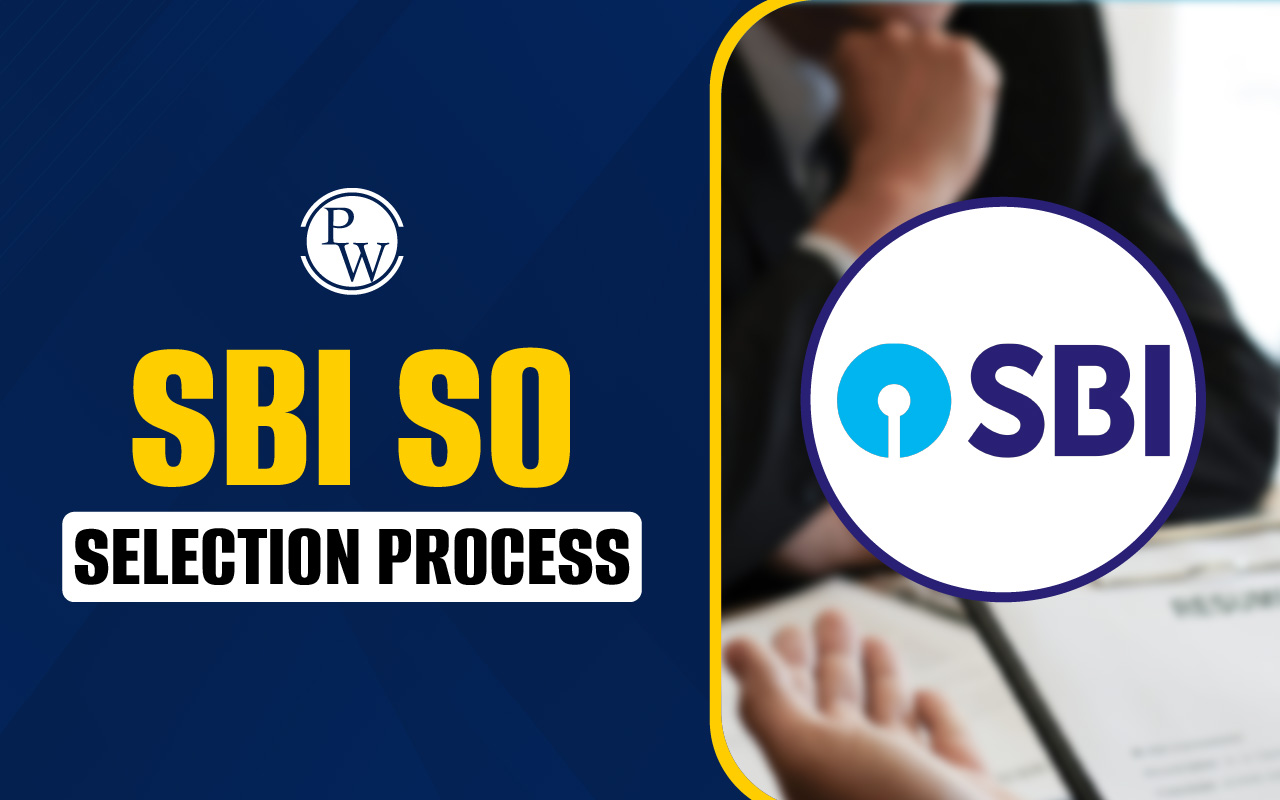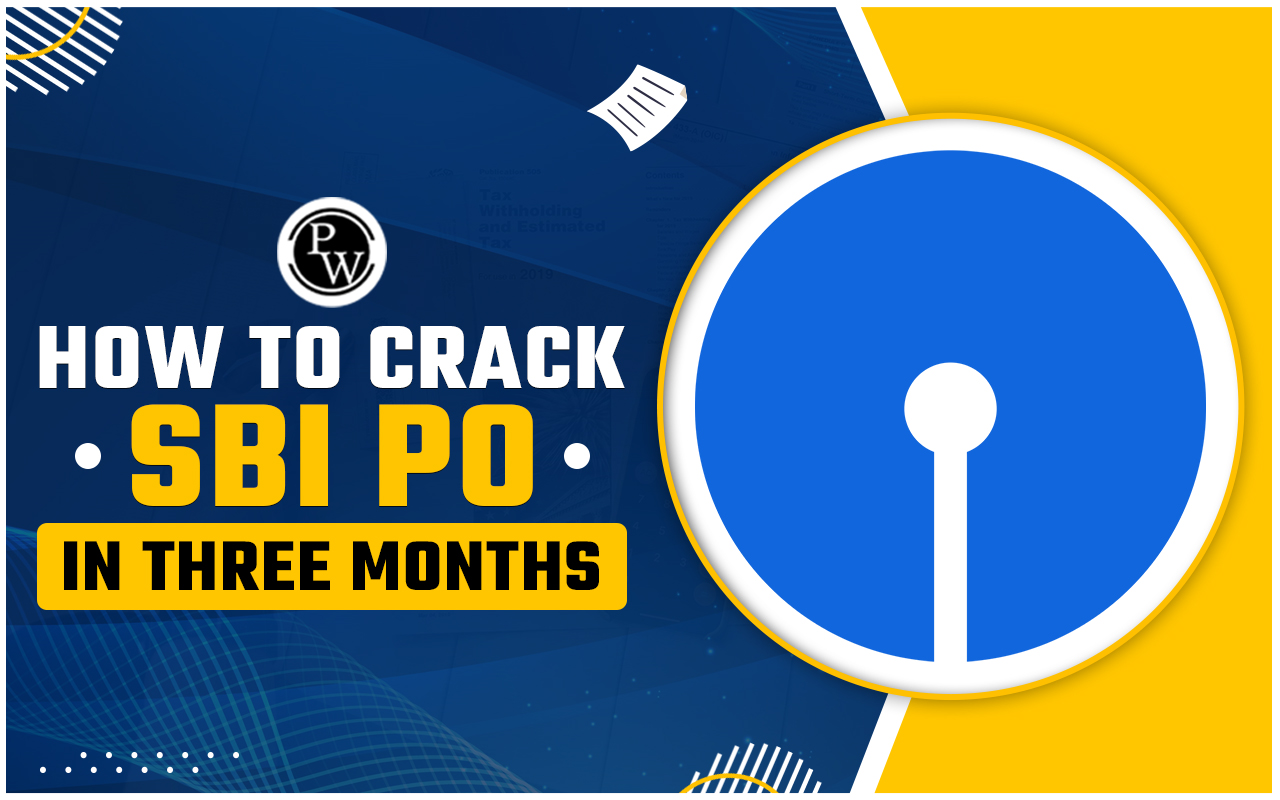
SBI Clerk Important Topics: The State Bank of India (SBI) conducts SBI Clerk exam to recruit people for the position of Junior Associate (Customer Support & Sales). Every year, a lot of candidates take the SBI Clerk exam, but only a few get selected based on the available job openings. The SBI Clerk exam consists of two parts: prelims and mains, followed by a test in the local language. In the prelims, there are three sections: English Language, Numerical Ability, and Reasoning Ability, with a total of 100 marks. The mains exam has four sections: General/Financial Awareness, General English, Quantitative Aptitude, and Reasoning Ability & Computer Aptitude, with a total of 200 marks.
People who are preparing for the SBI Clerk often wonder, "What topics are important for SBI Clerk?" To help them out, we've written this article. It discusses the crucial topics for SBI Clerk in both the prelims and mains exams. Knowing these important topics, combined with a well-prepared study plan, can guide candidates in preparing more effectively with dedication and effort.
SBI Clerk Prelims Important Topics
The prelims exam is the initial stage of the SBI Clerk exam, and it's important to plan wisely to do well. This test has three sections with questions that are generally of an easy to moderate level. By putting in hard work, staying persistent, and being dedicated, candidates can excel in the exam. Here are the crucial topics for each section in the SBI Clerk prelims exam.
- Important Topics for SBI Clerk Numerical Ability
The Numerical Ability section has 35 questions, totaling 35 marks. Most questions in this section are based on Data Interpretation and Arithmetic. To score well, candidates should be familiar with mathematical formulas and practice things like square roots and tables. The key topics for this section are:
- Simplification/Approximation
- Quadratic equations
- Comparison of quantities
- Data Interpretations
- Ratio & Proportion
- Mixture problems
- Number system
- Profit and loss
- Average/percentage
- Time
- Probability/Mensuration
- Data sufficiency
- Permutation and combinations
How to Prepare for SBI Clerk Maths?
To prepare well for SBI Clerk Maths, start by knowing the important topics like simplification, number series, data interpretation, quadratic equations, and time & work. Practice daily with previous years’ question papers and mock tests for speed and accuracy. Focus on understanding shortcuts and tricks to solve problems quickly. Regular practice will help improve calculation skills and reduce mistakes during the exam. Stay consistent and revise all important formulas to score well in the Maths section.
Which Topics are Important for SBI Clerk Reasoning Ability?
The Reasoning Ability section is worth a total of 35 marks, and candidates need to tackle it within 20 minutes. This section mainly features questions on Puzzles and Sitting Arrangement. Check out the crucial topics for SBI Clerk Reasoning Ability below.
- Syllogism
- Inequality
- Coding-Decoding
- Sitting arrangements
- Linear Seating arrangements
- Order and Pattern
- Puzzles
- Data efficiency
- Input & Output
Which Topics are Important for SBI Clerk English Language?
The English Language section includes 30 questions, accounting for 30 marks. It evaluates a candidate's understanding of grammar and comprehension, with Reading Comprehension questions holding the most weight.
- Spell correction/phrase correction
- Reading comprehension
- Cloze test
- Error detection
- Phrase replacement
- Fill in the blanks/jumble words and match the following
How to Prepare for SBI Clerk English?
In the SBI Clerk syllabus, the English Language section is one of the most rewarding parts, both in the prelims and mains exams. This section evaluates candidates on grammar rules, problem-solving abilities, and verbal skills. To score well, candidates should revisit the concepts from standard books for all topics and then practice a lot of questions. Here are some tips for SBI Clerk English preparation to enhance your chances of qualifying:
SBI Clerk English Important Topics
The English section holds significant weight in the SBI Clerk 2025 Exam. Candidates can achieve good scores by thoroughly understanding grammar rules, vocabulary, and related concepts. The SBI Clerk English Syllabus includes topics like Reading Comprehension, Spotting Errors, Word Formation, Spelling, Antonyms, Phrases and Idioms, Synonyms, Active/Passive voice, Homonyms, Direct and Indirect speech, etc. Being familiar with the official syllabus and covering all relevant topics is crucial for SBI Clerk English preparation. Here's a list of important chapters of English and the expected number of questions in the upcoming SBI Clerk Prelims Exam:
- Synonyms and Antonyms: 4-5 questions
- Sentence Rearrangement: 5 questions
- Reading Comprehension: 10-15 questions
- Fill in the Blanks: 5-10 questions
- Cloze Test: 5-7 questions
- Sentence Correction: 5-10 questions
- Vocabulary: 1-2 questions
- Idioms and Phrases: 1-2 questions
SBI Clerk English Exam Format
Another SBI Clerk English preparation tip is to be familiar with the SBI Clerk exam syllabus. This knowledge helps align the preparation strategy with the actual exam requirements. It provides insights into the exam structure, number of questions, maximum marks, duration, and marking scheme for the English Language subjects. In the prelims exam, the SBI Clerk English section carries 30 marks, and in the mains exam, it carries 40 marks. Negative marking of 1/4th mark is applied for every wrong answer in the English questions. Check out the SBI Clerk English Exam Pattern for prelims and mains:
SBI Clerk English Prelims
- Subject: English Language
- Number of Questions: 30
- Maximum Marks: 30
- Duration: 20 minutes
SBI Clerk English Mains
- Subject: General English
- Number of Questions: 40
- Maximum Marks: 40
- Duration: 35 minutes
SBI Clerk Mains Important Topics
The mains exam is for those who pass the prelims. The questions in the mains are a bit more challenging than in the prelims. They cover General/ Financial Awareness, General English, Quantitative Aptitude, and Reasoning Ability & Computer Aptitude. Not many questions usually come from Computer Aptitude. For General/ Financial Awareness, focus on current affairs, government policies, RBI policies, banking terms, and abbreviations. Here are the important topics for the SBI Clerk Mains exam.
What are Important Topics for SBI Clerk General/ Financial Awareness?
This part of the SBI Clerk exam is of 50 marks. Prepare for the following banking awareness topics:
- Banking and Insurance Awareness
- Financial Awareness
- Schemes and Policies
- Current Affairs
- Static Awareness
How to Prepare for SBI Clerk 2025?
To prepare well for the SBI Clerk 2025 exam, focus on understanding the exam pattern and syllabus clearly. Practice regularly in subjects like Reasoning, Quantitative Aptitude, English, and General Awareness. Solve previous year question papers and take mock tests to improve speed and accuracy. Also, revise daily current affairs and banking news for the General Awareness section. Time management and consistent practice are keys to scoring well in the exam.
Which Topics are Important for SBI Clerk Reasoning Ability and Computer Aptitude?
This section includes a total of 50 questions, adding up to 50 marks. The key topics for SBI Clerk Reasoning topics and Computer Aptitude are outlined below:
Reasoning Ability
- Puzzles & Seating Arrangements
- Direction Sense
- Blood-Relation
- Syllogism
- Order and Ranking
- Coding-Decoding
- Machine Input-Output
- Inequalities
- Alpha-Numeric-Symbol Series
- Data Sufficiency
- Logical Reasoning (Passage Inference, Statement and Assumption, Conclusion, Argument)
Computer Aptitude
- History and Generation of Computers
- Introduction to Computer Organisation
- Computer Memory
- Computer Hardware and I/O Devices
- Computer Software
- Computer Languages
- Operating System
- Computer Network
- Internet
- MS Office Suit and Short cut keys
- Basics of DBMS
- Number System and Conversions
- Computer and Network Security
SBI Clerk Important Questions
The competition for the State Bank of India (SBI) exam is tough. To help you prepare better, we've gathered important questions for the SBI Clerk exam. Our experts have carefully selected these questions, covering key topics and sub-topics likely to be asked in both the Prelims and Main exams of the upcoming SBI Clerk Exam.
Practicing these important questions, along with solutions and past year papers, is the best way to revise for such a comprehensive exam. We recommend candidates thoroughly study the SBI Clerk Syllabus and exam format to make sure they don't miss any important subjects.
We've provided the SBI Clerk Most Important Questions with easy solutions, making it the go-to choice for all aspirants. You can find these important questions in both English and Hindi. Additionally, we've summarized important information about the exam pattern, syllabus, and key topics for the SBI Clerk exam. This will be a helpful guide as you prepare for the exam.
Questions 1-5: Look at the arrangement below and answer the questions.
@ E K 4 F 7 B 5 R 1 © D A M 6 U J $ V Q # 2 P 3 % 9 H I W 8 *
Q1: Which element is exactly in the middle of the first vowel from the left side and 5 in the arrangement?
(a) 7
(b) F
(c) R
(d) 4
(e) None of these
Q2: How many symbols are there, each immediately preceded by a consonant but not followed by a vowel?
(a) None
(b) One
(c) Two
(d) Three
(e) More than three
Q3: Which group of elements does not belong to the others?
(a) FB7
(b) 23P
(c) 9IH
(d) V2#
(e) 1D©
Q4: How many symbols are there, each immediately preceded by a number but not immediately followed by a consonant?
(a) None
(b) One
(c) Two
(d) Three
(e) More than three
Q5: How many vowels are there, each immediately followed by a number but not immediately preceded by a symbol?
(a) None
(b) One
(c) Two
(d) Three
(e) More than three
Questions 6-10: Study the following series and answer the questions referring to the word sequence given below:
YOM MJK UGJ IMX KQZ
Q6: If words are arranged alphabetically from left to right, which word is third from the left end?
(a) UGJ
(b) IMX
(c) KQZ
(d) MJK
(e) None of these
Q7: If each letter in each word is arranged alphabetically, what is the second letter of the word fourth from the left end?
(a) Y
(b) X
(c) M
(d) I
(e) None of these
Q8: If each vowel in each word is changed to its next letter alphabetically, how many meaningful words will be formed?
(a) Two
(b) None
(c) One
(d) Three
(e) None of these
Q9: If each consonant in each word is changed to its previous letter alphabetically, how many words will contain at least one vowel? (a) Two
(b) None
(c) Three
(d) Four
(e) None of these
Q10: If the first and second letters of each word are interchanged, how many meaningful words will be formed?
(a) Two
(b) None
(c) One
(d) Three
(e) None of these
Questions 11-15: Study the following arrangement of numbers and answer the questions.
387 876 176 285 721 937
Q11: After adding 1 to each odd digit and subtracting 2 from each even digit in each number, which number will be the lowest?
(a) 387
(b) 876
(c) 176
(d) 285
(e) None of these
Q12: If all digits of each number are arranged in ascending order within the number, which number is third highest?
(a) 387
(b) 937
(c) 176
(d) 285
(e) None of these
Q13: If the first two digits of each number are interchanged, which number will be the highest?
(a) 721
(b) 876
(c) 937
(d) 387
(e) None of these
Q14: If 1 is subtracted from the first digit in each number, how many numbers will have an odd result?
(a) None
(b) One
(c) Two
(d) Three
(e) None of these
Q15: If the sum of the first and second digits is added to the third digit, and then 3rd digit is subtracted, how many numbers will have a result greater than 5?
(a) None
(b) One
(c) Two
(d) Three
(e) None of these
Questions 16-20: Study the following arrangement and answer the questions.
V 4 Y % I 3 Z 6 # U S @ R 2 W 9 © P F $ D 1 N K 5 * J 8 G
Q16: How many numbers are there, each immediately preceded and followed by a symbol?
(a) None
(b) One
(c) Two
(d) Three
(e) More than three
Q17: How many symbols are immediately followed by a number?
(a) Three
(b) More than three
(c) Two
(d) One
(e) None
Q18: What is the fourth element to the right of the sixth element from the left end?
(a) ©
(b) R
(c) Z
(d) N
(e) None of these
Q19: What is the element six to the left of the eleventh element from the left end?
(a) 2
(b) W
(c) 9
(d) N
(e) I
Q20: If all symbols are dropped, what is the ninth element from the right end?
(a) F
(b) P
(c) 9
(d) W
(e) 2
| SBI Exam Other Related Links | |
| SBI CBO Preparation Tips | How to Prepare for IBPS RRB PO Exam |
| SBI Clerk Preparation Strategy | How to Prepare For SBI PO Mains And Interview? |
SBI Clerk Important Topics FAQs
How can I pass SBI Clerk exam?
Is SBI Clerk exam easy?
What is SBI Clerk Mains syllabus?
Which bank exam is easy to crack?

